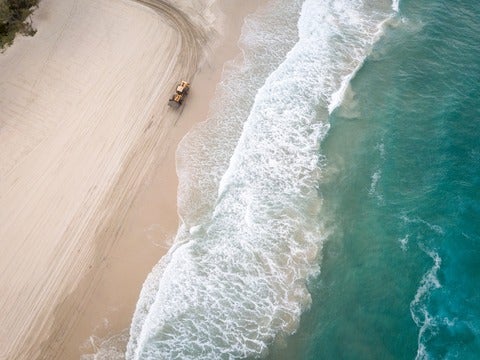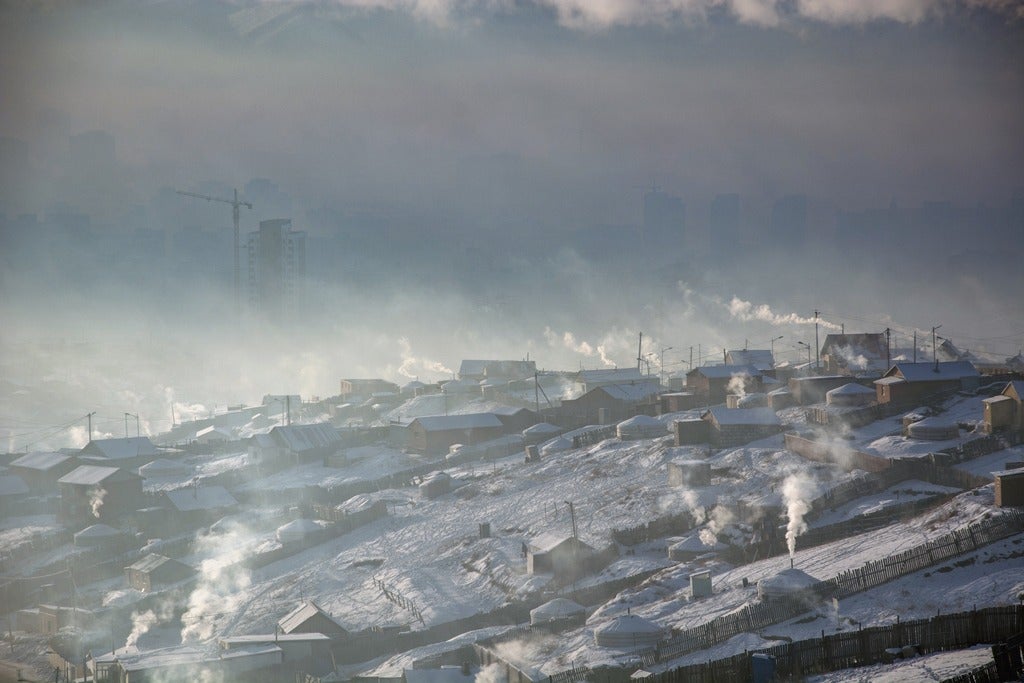New Technical Brief Explores the Value of Natural Infrastructure in Enhancing Community Health and Climate Resilience during Extreme Heat Events
A new technical brief from the Waterloo Climate Institute is helping Canadian municipalities tackle extreme heat by showing how natural infrastructure can protect public health, reduce climate risks, and boost economic productivity.









